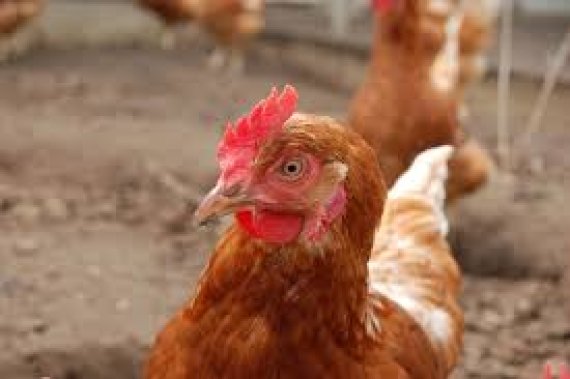De Haas looked for factors that could reduce feather-picking among laying hens. These are sorely needed as debeaking, which prevents feather-picking, will be banned in 2018. In the organic sector, debeaking (searing off the tip of the beak) is already considered unacceptable, but consequently chicken mortality due to feather-picking is much higher there than among regular poultry farmers.
One of the conclusions reached by De Haas is that early ground-scratching reduces the picking behaviour. Young chicks who are able to scratch in their first four weeks of life are less fearful and therefore display less self-destructive behaviour. After 40 weeks that effect is still evident. Never before have the long-term effects of scratching opportunities on feather-picking been so clearly evident.
Poultry farmers can take this into account in their housing for chicks, says De Haas. Chicks tend to spend the first weeks of their lives on cardboard, which provides excellent scratching opportunities. After that, by contrast, they spend seven to ten days sitting on wire mesh before they enter the coop. This interruption to their scratching leads to a lot of extra feather-picking, says De Haas. She advises poultry farmers to transfer chicks straight to the coop once the cardboard is removed.
She has more management tips to reduce feather-picking. Her research shows, for example, that poultry farmers who switch on the radio in the chicken coop have fewer problems. The sound distracts the chickens and ensures that they are less startled when a conveyor removing manure or a ventilator starts up. With housing and management, 75 percent of the problem can be solved, she estimates. The other 25 percent is genetically determined.
Elske de Haas received her doctorate on 29 August. Her supervisor was Bas Kemp, Professor in Adaptation Physiology.

